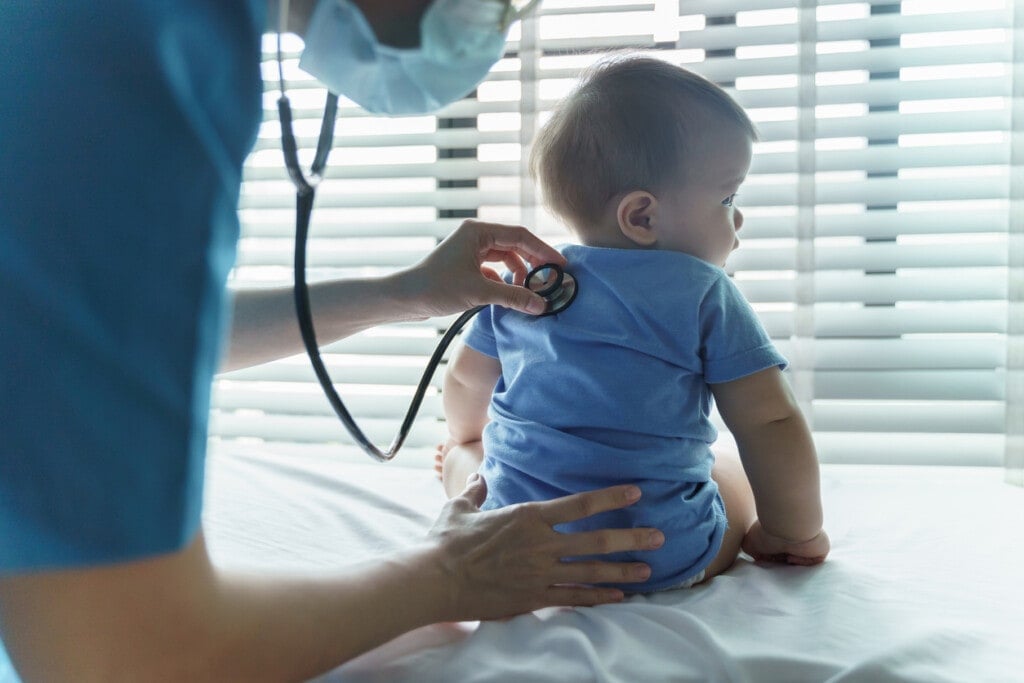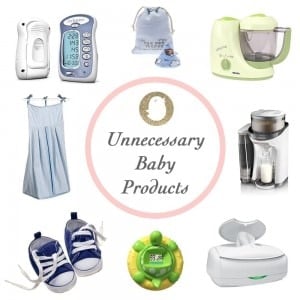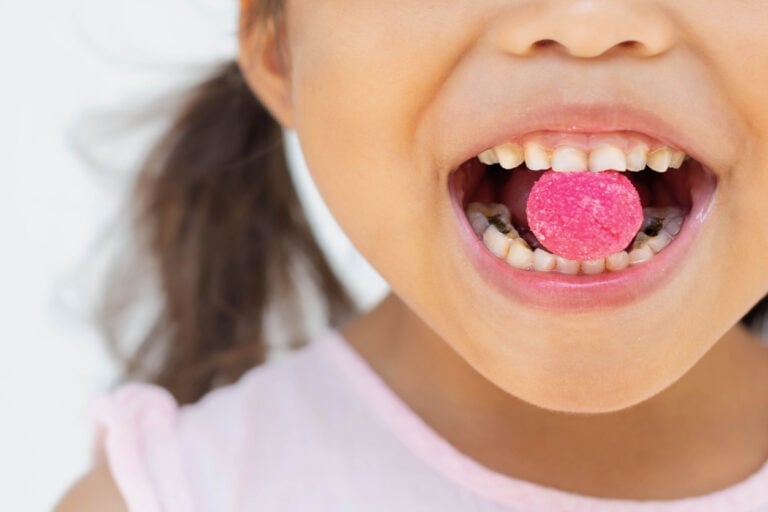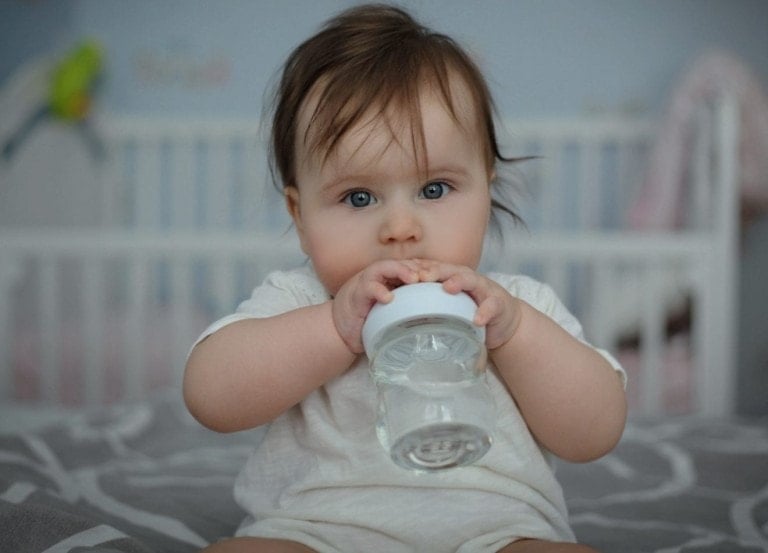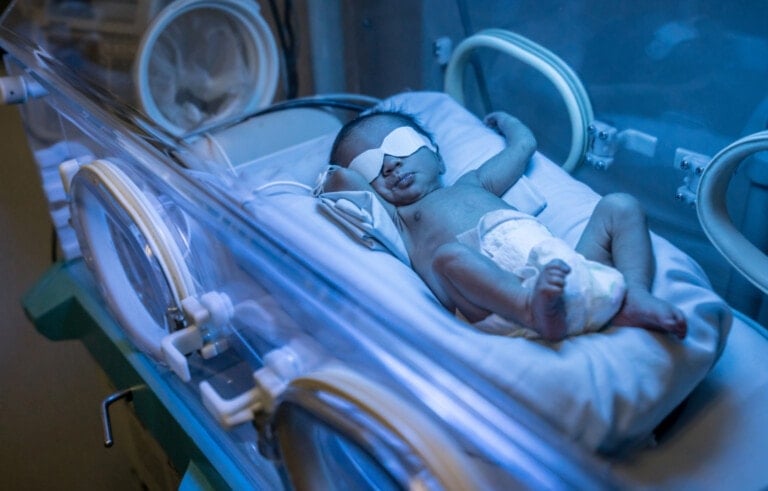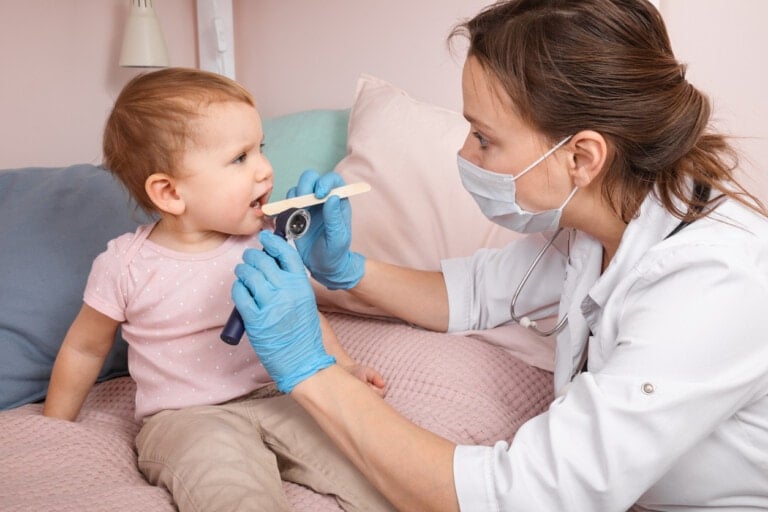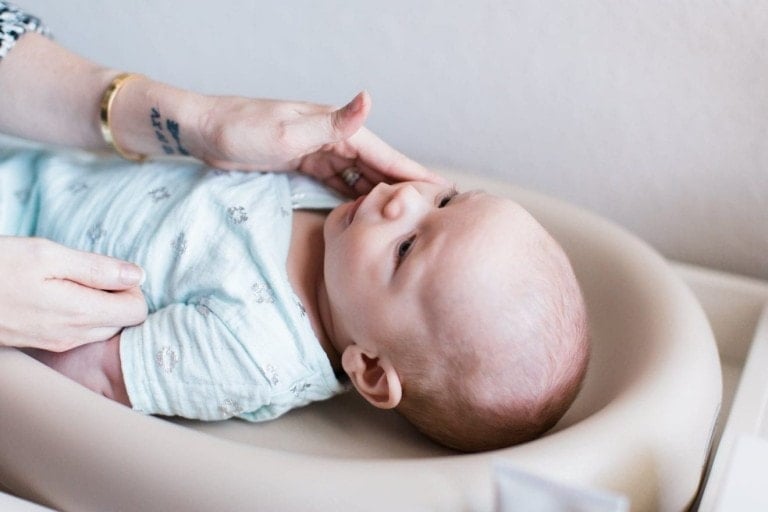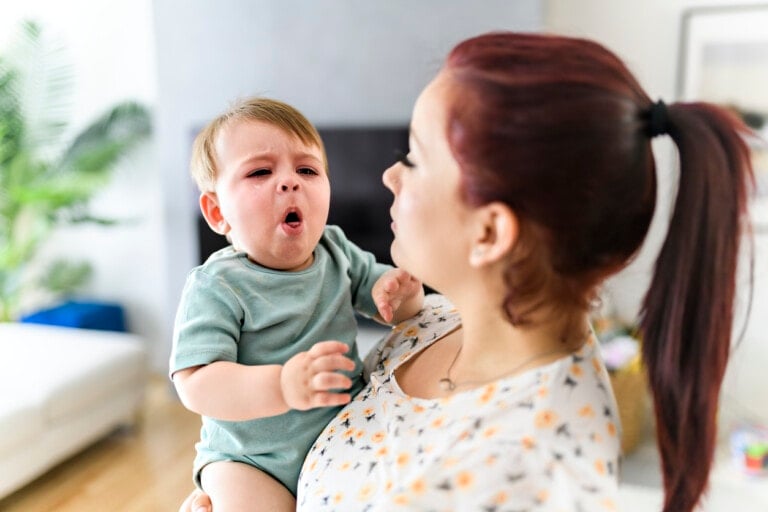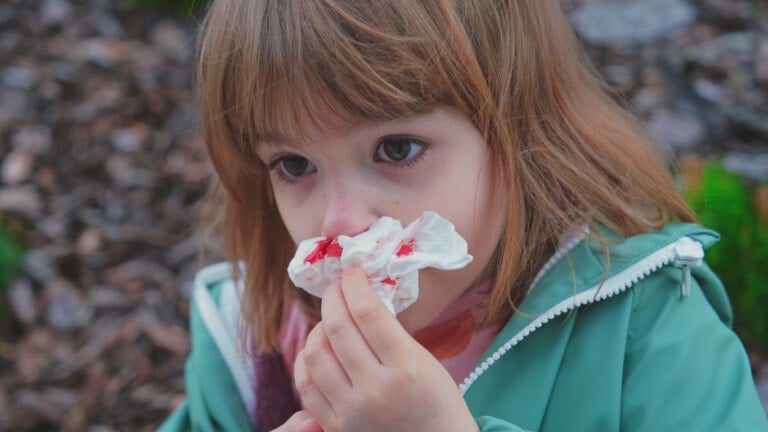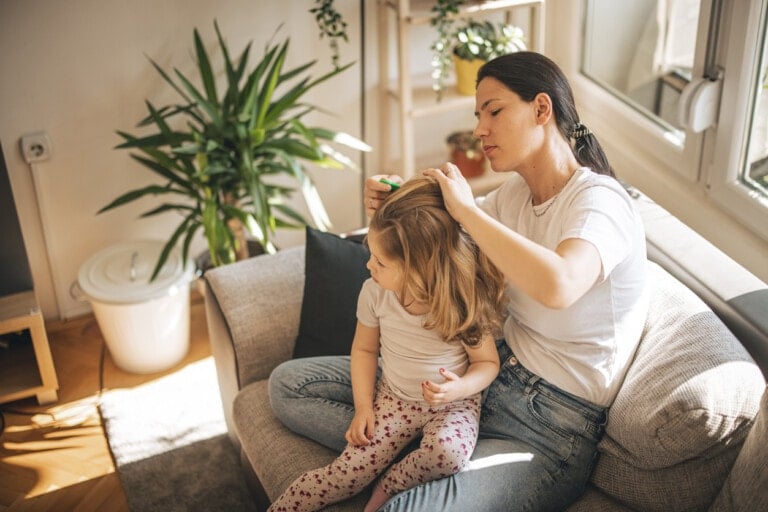Children have had an unprecedented amount of severe respiratory syncytial virus (RSV) cases this year. The Centers for Disease Control and Prevention report an increase in emergency room visits and hospitalizations across the U.S. Most people recover in less than two weeks, but it can be severe.
RSV doesn’t just infect children. It can also infect older individuals. According to the CDC, RSV infection leads to between 6,000 and 10,000 deaths per year among adults 65 and older and hospitalizes tens of thousands of children younger than 5.1 Below is everything you need to know about the virus, including how to prevent infection and what to do if you or someone you love contracts RSV.
What is RSV?
RSV is a common respiratory virus that usually causes mild, cold-like symptoms. While most individuals recover in a week or two, RSV can be severe, especially for infants and older adults. It is highly contagious and spreads from person to person through touching infected people or surfaces. The CDC says RSV is the most common cause of bronchiolitis and pneumonia in children younger than 1 in the U.S.1
Who is At-Risk for Severe Infection?
The younger a child is, the higher the risk of getting very sick. Children with the highest risk are premature infants, children with chronic lung issues, and children with heart or immune system issues. Adults in the 65-plus age group are also at high risk for severe RSV infections.2
There isn’t a definitive reason RSV is so severe this year. Still, it’s possible that mask-wearing and social distancing for the last three years has kept our immune systems from normal exposure to seasonal viruses. However, now that we are back to normal routines, we are exposed to more people and infections.
What are the Symptoms, and When Should I Call the Doctor?
Symptoms include sneezing, runny nose, fever, cough, sore throat, difficulty breathing, and generally not feeling well. Children might not want to eat or drink or play as much. Some individuals experiencing more severe symptoms may need to be admitted to the hospital. Call the doctor if your child is wheezing, cannot eat or drink, is becoming dehydrated and not producing wet diapers, or has worsening general symptoms. Seek immediate help if your child has difficulty breathing, has a bluish color to the face, or is very sleepy.
How Do You Diagnose RSV?
Diagnosis can be based on suspicion, mainly because we know it is rampant throughout communities. The flu, RSV, and COVID-19 can all present similar symptoms, so the doctor would send a viral panel using a nasal swab to tell the difference. This can help guide treatment as there are specific medications for flu and COVID-19.
What’s the Treatment?
The best treatment for RSV is supportive. In other words, begin treatment as soon as possible when you get the diagnosis and take actions to reduce symptoms. For example, providing at-home care to a child with RSV should include ensuring the child hydrates regularly, is resting enough, and that their nose is regularly suctioned if nasal congestion is present. RSV tends to get worse over the first few days while it peaks around day four or five, so some patients (especially infants and immunocompromised people) may need a higher level of care a couple of days into it.
If symptoms worsen or the child struggles with eating, hydration, or breathing, they should be seen by a medical professional. Usually, adults get mild to moderate cold symptoms with a runny nose and sneezing. The younger the child, the more respiratory symptoms they tend to experience, such as respiratory distress and coughing. RSV seems to be worse for adults this year than in previous years. However, as a rule, the younger you are, the more likely you are to have more significant symptoms.
What’s the Best Way to Prevent RSV?
The number one way to prevent getting this virus is hand washing, especially if you have been around someone who is sick. This is significant because there is currently no approved vaccine for RSV. SYNAGIS, palivizumab, can prevent the severity of RSV illness if given monthly for five shots during RSV season; however, it is an antibody, not a vaccine, and is only approved for selected high-risk groups. Also, avoid people with these symptoms in large settings, such as in the grocery store or the mall, especially if you have very young children at home or children at high risk of becoming very sick. If you have older kids in school who become ill, try to keep them away from younger children in the house.3
What About Masks?
The spread of RSV is through contact, not droplets, so pre-COVID, even when infected children were in the hospital, they only required contact precautions. However, if patients are symptomatic with RSV, masks will help reduce the spread of the virus because they can contain coughing and sneezing well. Individuals with no symptoms who wear masks will also have a barrier and will be less likely to touch something like their face, which reduces their risk of infection.
If you suspect your child has RSV, it’s essential to begin treatment as soon as possible to reduce symptoms because RSV tends to worsen over the first few days. And remember, if symptoms worsen, get your child to their medical professional quickly for evaluation.













